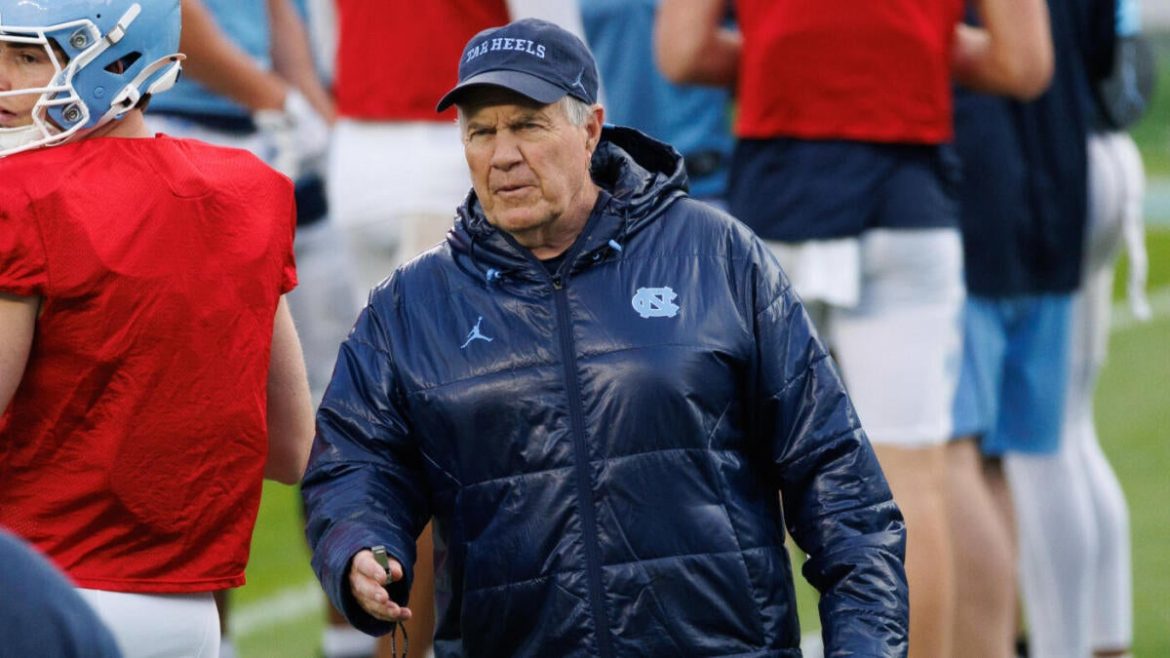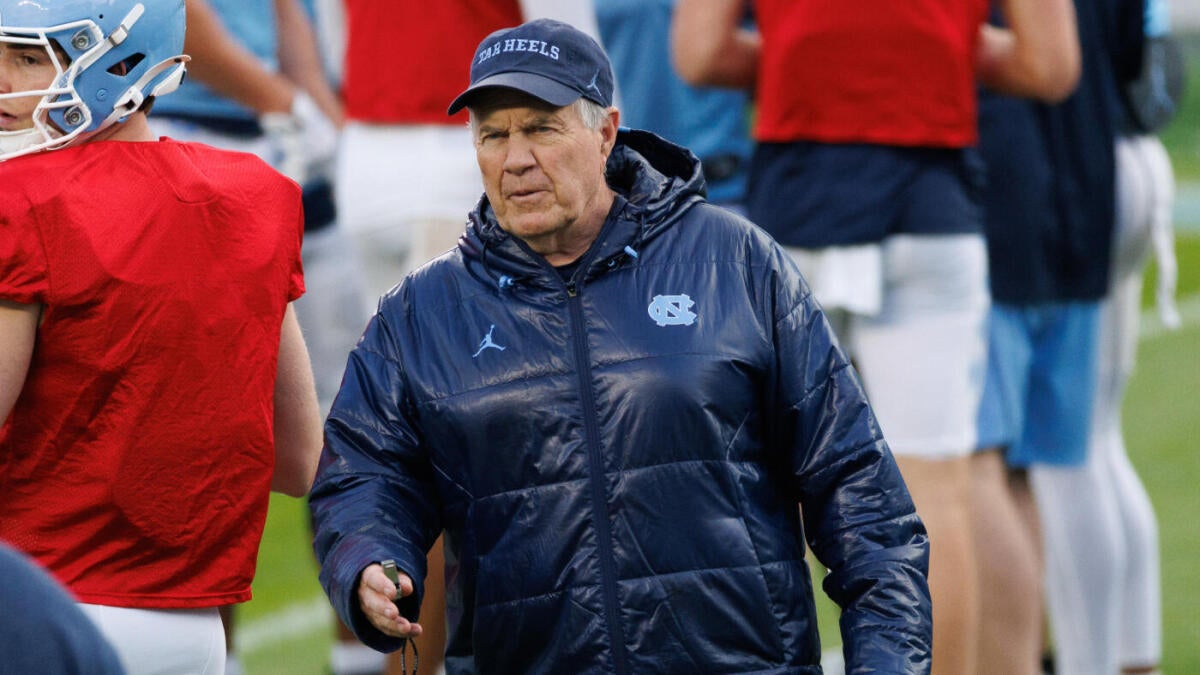The recent convergence of two coaching legends—Dabo Swinney and Bill Belichick—has sparked considerable excitement and intrigue in the college football world, particularly within the Atlantic Coast Conference (ACC). Their interactions, ranging from candid interviews to public endorsements, have revealed not only mutual respect but also fascinating insights into how professional and college football coaching philosophies can intertwine and evolve. This analysis explores the dynamic between Swinney and Belichick, the implications of Belichick’s transition to college football, and what their collaboration might signal for the future of the ACC and the sport at large.
The Meeting of Minds: Swinney Welcomes Belichick to College Football
Dabo Swinney, Clemson’s celebrated head coach, playfully and warmly welcomed Bill Belichick to the ACC and the college football landscape, famously inviting him aboard the “ROY Bus”—a metaphorical nod to embracing the “rookie” experience despite Belichick’s legendary status. This phrase captures the unusual but refreshing dynamic at play: a coaching giant known for eight Super Bowl wins humbling himself as a newcomer in a college context. Swinney’s gesture illustrates not just collegial camaraderie but an acknowledgment of the nuanced differences between NFL and NCAA coaching environments.
Their joint hour-long conversation on the ACC Network showcased a remarkable chemistry between them, highlighting shared values, the craft of coaching, and winning philosophies. This discussion, hosted by ESPN’s Rece Davis, allowed viewers a rare glimpse into how two of football’s greatest minds view the sport differently and similarly. Swinney’s guidance and experience in recruiting, player development, and managing a winning college program stood out as invaluable perspectives for Belichick to absorb.
Belichick’s Transition: From NFL Titan to ACC “Rookie”
Belichick’s assumption of the University of North Carolina (UNC) head coach position marks a groundbreaking shift. After more than two decades with the New England Patriots, where his credentials are unparalleled, he embraces a new challenge—leading a college program with distinct rules, recruiting battles, and developmental timelines.
What makes this transition particularly compelling is Belichick’s open acknowledgment of being a “rookie” in this realm. Despite his storied NFL career, Belichick recognizes the adjustments needed, from understanding NCAA regulations to embracing the multifaceted roles college coaches must play beyond just game planning—such as mentoring young athletes academically and personally. His humility and willingness to learn underscore the vast differences between pro and college levels, even for a coaching prodigy.
Belichick has openly stated his intent to adopt and adapt elements from Swinney’s Clemson program, which has become a model for sustained excellence in college football. This openness to learning from Swinney reflects not only mutual respect but also a pragmatic approach to succeeding in a new competitive environment. Notably, Belichick expressed admiration for Clemson’s ability to maintain clarity amid evolving college football rules and landscape changes, a challenge he expects to meet head-on.
Implications for the ACC and College Football
Belichick’s move to the ACC elevates the conference’s profile and adds a thrilling new dimension to its competitive landscape. He immediately assumes a central role in reshaping UNC’s football operations, promising to inject NFL-caliber techniques and insights into college football tactics.
Swinney’s excitement about Belichick joining the ACC is palpable. For Clemson, the upcoming clashes against UNC take on new significance, pitting two tactical masterminds against each other. Swinney hinted at strategic preparations to face Belichick’s team, illustrating a rivalry that could become one of college football’s most fascinating in the coming years.
The intersection of their coaching styles—a blend of Belichick’s disciplined, defense-focused NFL methodology and Swinney’s holistic, player-focused college approach—may lead to innovative strategies and evolutions within the ACC. More broadly, the collaboration signifies a growing trend in football where cross-pollination of ideas between professional and collegiate levels enriches both, potentially accelerating the modernization of college football programs.
Coaching Philosophies and Leadership Insights
Both coaches emphasize clarity, order, and adaptability amid the rapidly changing college football environment. Swinney has spoken about impending clearer rules and more organized frameworks for collegiate football, signaling a belief that the sport is on the cusp of evolution—a process Belichick seems ready to be part of.
Belichick’s scouting of Clemson players before his move also highlights his deep respect for Swinney’s talent development. His mention of Christian Wilkins, a standout Clemson defensive tackle he admired, symbolizes how professional-level scouting and college-level coaching seamlessly intersect in this new chapter. Belichick’s vast experience in evaluating talent at the NFL level could now translate into nurturing raw potential earlier in players’ careers.
Conclusion: A New Era Forged in Collaboration
The advent of Bill Belichick into the college football realm under Dabo Swinney’s welcoming wing marks a unique and compelling chapter in the sport’s history. Their partnership and mutual respect illustrate that greatness adapts and thrives when open to learning and collaboration, regardless of previous achievements. Belichick’s embrace of his “rookie” status at UNC, paired with Swinney’s willingness to share insights, depicts a narrative of humility, evolution, and shared ambition.
For the ACC, for college football, and for fans worldwide, this alliance promises not only renewed competitive fire but also the cross-generational, cross-tier exchange of knowledge that could reshape how football is coached and played. It’s more than just a coaching story—it’s the story of football’s future unfolding in real-time.





